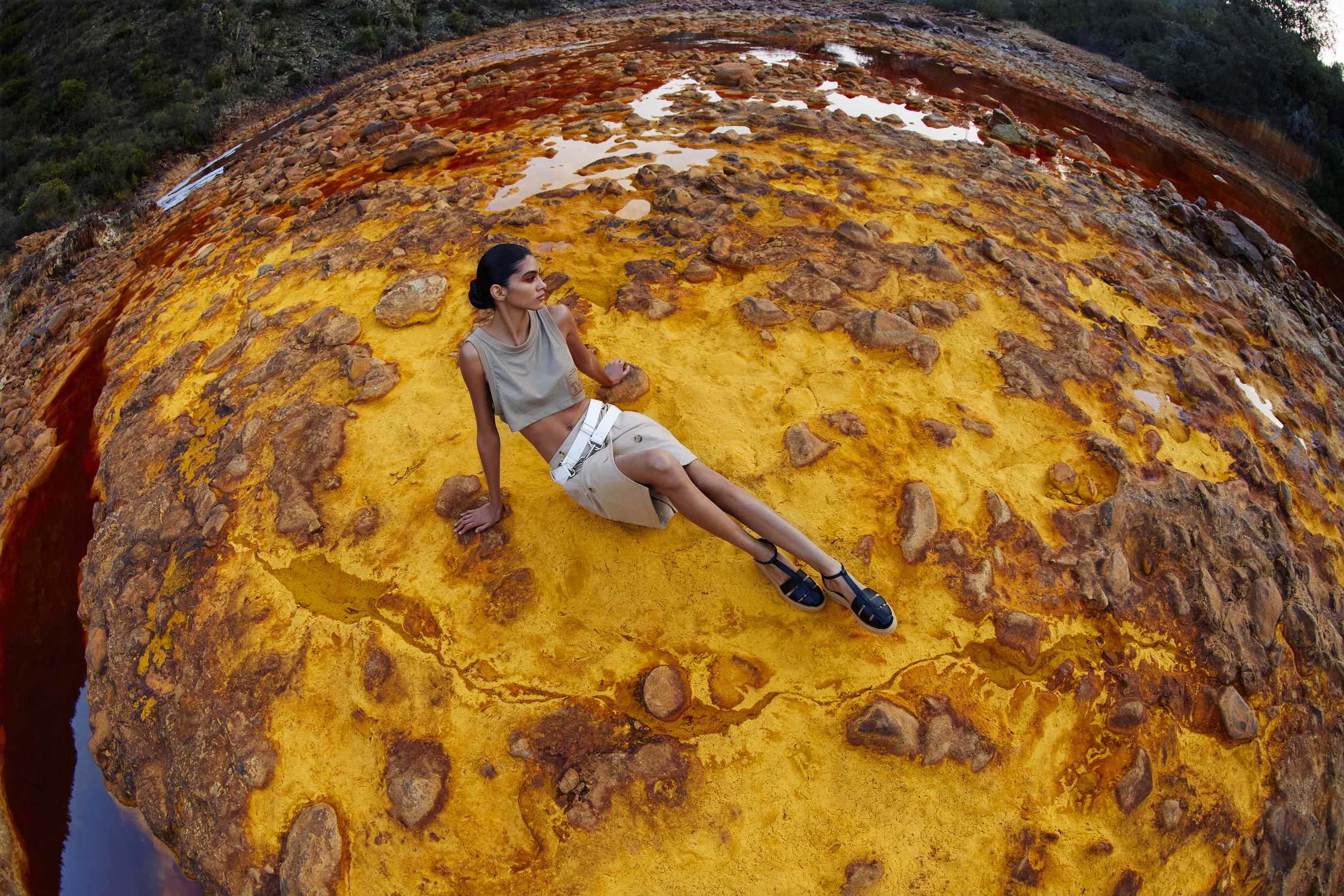Newsfeed

According to Matthew Goldman, MD, sun poisoning is a “nonscientific term to describe a severe sunburn that often mimics a flu bug or allergic reaction.” It can cause a wide range of symptoms depending on the severity of the case, including “a severe rash, blistering or peeling skin, nausea, dehydration, dizziness, confusion, lightheadedness, shortness of breath, fainting, and sometimes, it can also cause blisters on the lips.” It can last weeks, and it’s important to avoid scratching or touching the affected area at all costs, and to keep hydrating. Other treatments also include cold baths, steroid creams, oral steroids, prescription medications, topical antibiotics and IV fluids for dehydration. Since there’s no doubt that almost all of us will be broiling under the summer heart in no time, it’s vital that we do everything feasible to protect ourselves from UV rays. Below, Dr. Goldman shares six necessary tips to prevent sun poisoning.
Sun poisoning affects different people differently, so doctors tend to focus treatment on a person’s specific symptoms. If individuals have symptoms of sun poisoning, it is important for them to visit their doctor so that he or she can examine them and determine the severity of the problem, as well as the best treatment.
Tips to prevent sun poisoning
- Use sunscreen. Use broad spectrum (UVA and UVB) sunscreens with a sun protection factor (SPF) of at least 30. Apply this 15 to 30 minutes before sun exposure and reapply at least every two hours.
- Wear protective clothing, such as long sleeves, sunglasses, gloves and broad-brim hats. Tightly woven fabrics, thick and/or dark-colored clothing are also useful for protection.
- Avoid peak hours in the summer months. This means staying out of the sun for extended periods of time between 10 a.m. and 4 p.m.
- Keep infants younger than 6 months out of direct sunlight.
- Avoid tanning beds.
- Be aware of medication side effects.









